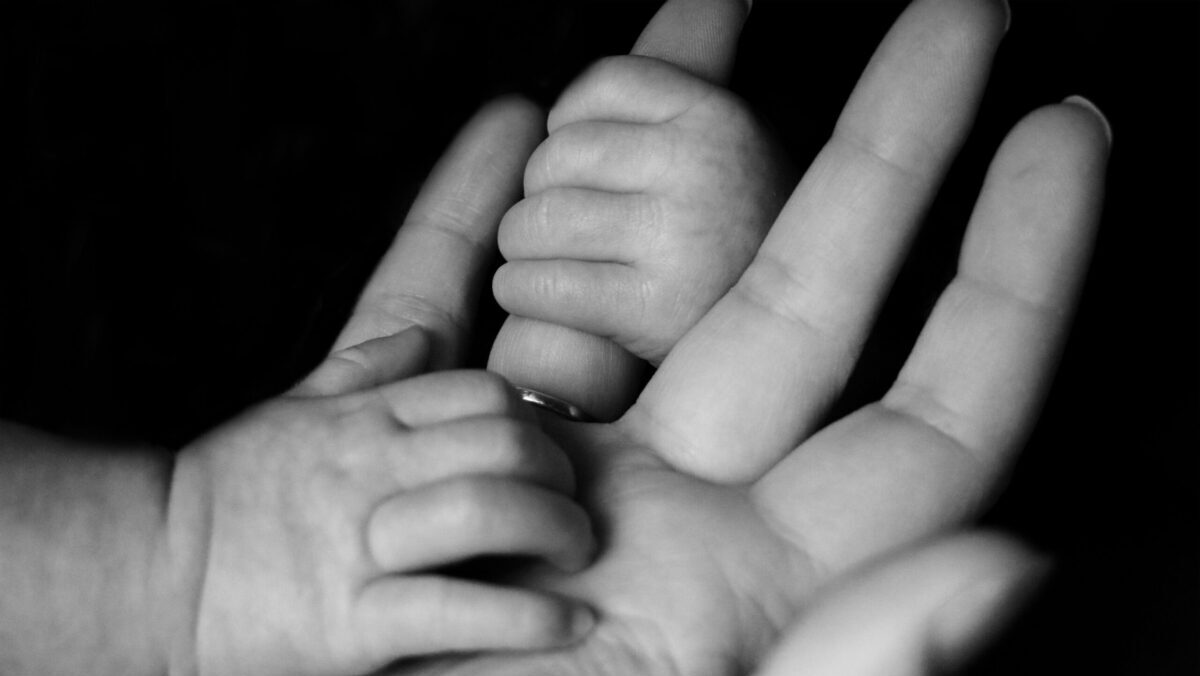Have you ever felt “called out” during a sermon?
I know I have. In the span of a month, I heard multiple sermons and did many Bible studies and devotions on the importance of rest. This was during a season of taking four classes, working 12 hours at an internship, four hours at another job and volunteering as an editor for a Christian college resource website. On top of that were Bible studies, church, hanging out with friends and driving home to visit my family from college. Rest was definitely not in my vocabulary.
I am a planner. I live out of both my print planner and online calendar. I have my days booked out — tasks, work, classes, friends to meet. Almost never is there scheduled rest time. Somehow, I almost always feel the need to be in the rat race. I feel purposeful while working and being busy. I love the feeling of crossing off tasks as I accomplish them and filling my days with work I love.
But recently I learned that there also is a purpose and need for rest.
Why should we rest?
In the beginning, God worked. And then He rested. Hebrews 4:9-10 says, “There remains, then, a Sabbath-rest for the people of God; for anyone who enters God’s rest also rests from their works, just as God did from His.”
If God worked for six days when He created the world and rested on the seventh day, why are we not also resting on the seventh day?
In the Old Testament God’s people were told in the Ten Commandments to keep the Sabbath holy — free from work, even from ordinary house chores.
To clarify, rest is not laziness. Laziness is allowing inactivity to take priority over work. Rest is a reward for your work in Christ. There is joy and purpose in fulfilling your calling through work, but we need rest to renew ourselves in order to be able to do more good work.
We may no longer live under the Old Testament covenant, but there are still practices to learn and remember. We live in glorious freedom and new life in Jesus Christ through the new covenant. The rhythms of the past, including rest, can help us know how to actively live our new lives and how to best serve Christ.
How do we rest?
We must first establish daily and weekly rhythms of rest to help incorporate this practice in our lives. Examine your current habits and rhythms. What is getting in the way of rest? What do you need to change to have intentional time — both daily and weekly — designated for rest? Before you can create new rhythms, you must first acknowledge pre-existing habits inhibiting you from rest.
Establish what defines “work” and what does not. Create boundaries between you and the things that may pull you back toward work, like the phone or computer. Acknowledge what rest may look like to you — from relaxing at home to being outdoors to spending time in solitude or with friends. Take time for what renews and refreshes you.
Lastly, be mindful of what thoughts fill your mind. Are you constantly worrying about the next task? Does work consume all you think of and do? Shift your thoughts to Christ and you will find rest. During your rest, use the time to study God’s work, to pray and to worship Him. There is peace only found in the presence of Christ because He is the only true resting place.
In Matthew 11:28-30, Jesus said, “Come to me, all who labor and are heavy laden, and I will give you rest. Take my yoke upon you, and learn from me, for I am gentle and lowly in heart, and you will find rest for your souls. For my yoke is easy, and my burden is light.”
When your life is filled to the brim with work, come to the One who gives rest.






